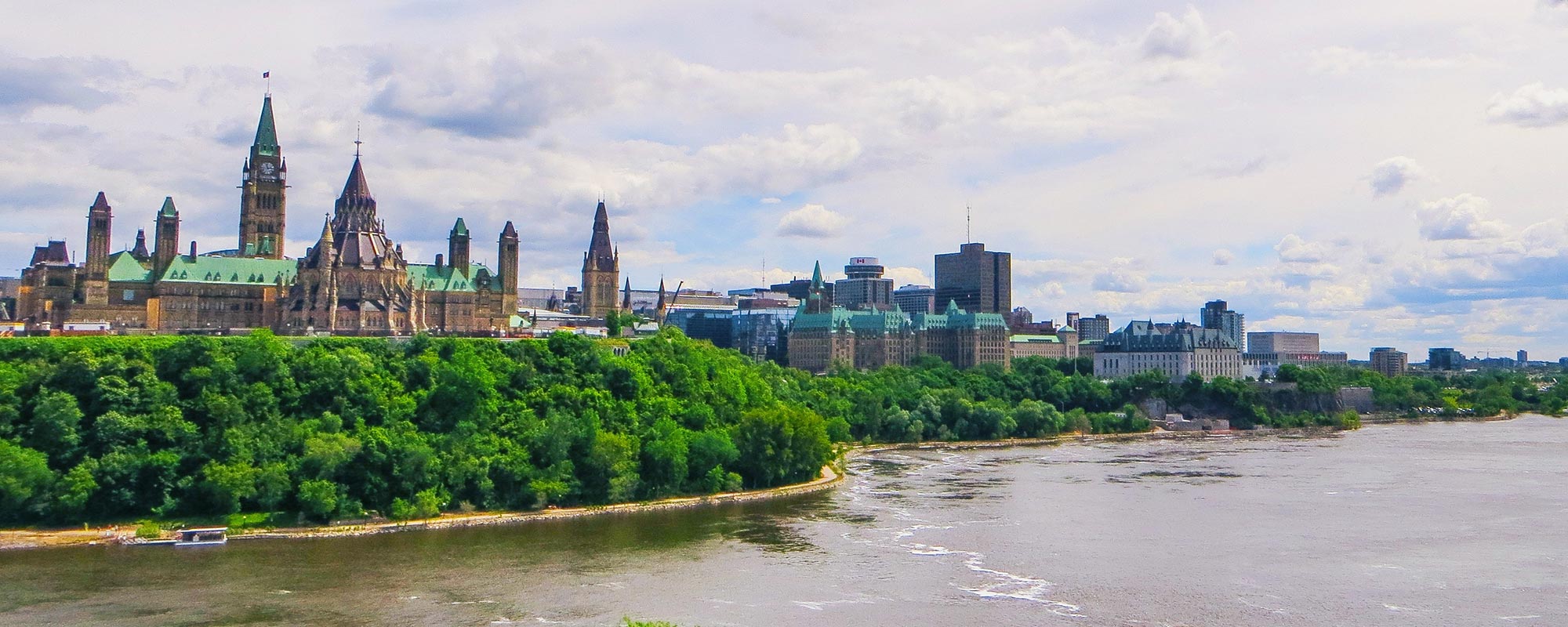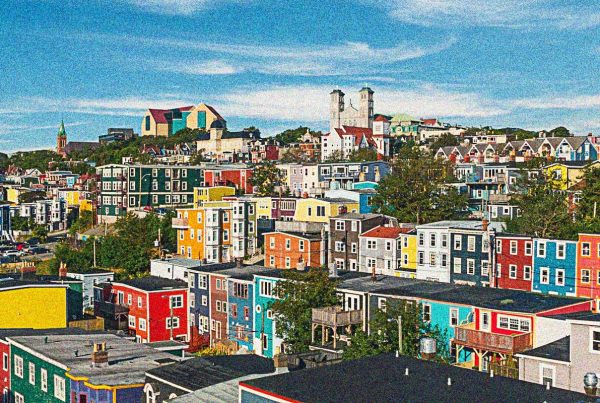NOA MENDELSOHN AVIV
CCLA Executive Director & General Counsel:
This week, the federal government invoked the Emergencies Act – an extreme law that has never been used. And it announced two emergency orders that will have sweeping consequences on individuals – orders it passed outside of ordinary democratic processes.
The Canadian Civil Liberties Association has spoken out loudly against this declaration, and today we have our own announcement: We are taking the government of Canada to court.
We are here today because of the government’s response to the protests and blockades. The government’s emergency declaration is unprecedented and seriously infringes the Charter rights of Canadians.
The government has brought in an extreme measure that should be reserved for national emergencies – a legal standard that has not been met. Emergency powers cannot and must not be normalised.
Through all the peaceful and disruptive protests in Canada’s history – some involving unlawful acts and protracted standoffs with police – never before has a government declared a national emergency under the Emergencies Act, and with that given itself the enormous powers to bypass the ordinary, accountable democratic process.
Our commitment to equality and other rights is the reason that we strongly support the Charter right to peaceful assembly – this is how marginalized people can stand up for their rights. Protest is how people in a democracy express and share their political messages of all kinds, whether they be: environmental activists, students taking to the streets, Indigenous land defenders, workers on strike, people who know that Black Lives Matter, and others who oppose government measures of all kinds.
Our society needs peaceful assembly – a critical democratic tool – even though not every person agrees with the content of every movement.
Many protests are disruptive. It is possible for a gathering to be both disruptive and also peaceful and nonviolent.
Disruptive protest while often unlawful, like shutting down pipelines or camping out in a public space, can be the most effective way of raising awareness.
And at protests, many different kinds of people might end up in the same space, joined by a common cause. The fact that some protestors break laws, act aggressively, or oppressively, does not necessarily mean that other protestors share their extremist views or conduct.
Let me be clear: we are deeply concerned by the reports that some of the protesters currently in the streets have engaged in violent, racist, homophobic acts. We hear and recognize the impacts these acts are having on marginalized communities; we stand with these communities and condemn this behaviour.
We also recognize that the recent protests are having a considerable and difficult impact on the lives of those who live and work in their vicinity. We recognize that people in Ottawa have been profoundly and negatively affected.
But again – we are here today because of the government’s response to the protests and blockades.
The right to peaceful assembly is not a free for all. Reasonable limits can and sometimes must be imposed.
When imposing reasonable limits, the police can and must exercise restraint and avoid escalation. CCLA has fought many times against police shutting down protest using excessive force, detentions and arrests – in particular against Indigenous, racialized, and other marginalized protestors.
ABBY DESHMAN
CCLA Criminal Justice Director:
The Canadian Civil Liberties Association has retained counsel to launch a judicial review challenging the government’s invocation of the federal Emergencies Act.
The Act gives the executive branch of the federal government extraordinary powers. The legal threshold to use these extraordinary powers is intentionally high. Ensuring this threshold is met is a critical protection for the democratic process, rule of law, and the civil liberties of individuals that may be impacted by emergency orders.
In our view, the thresholds in the Emergencies Act – the legal requirements put in place to safeguard our democratic processes – have not been satisfied.
Section 3 of the Emergencies Act requires that there be a “national emergency” – a temporary “urgent and critical situation” that:
seriously endangers the lives, health or safety of Canadians and is of such proportions or nature as to exceed the capacity or authority of a province to deal with it ; or seriously threatens the ability of the Government of Canada to preserve the sovereignty, security and territorial integrity of Canada.
In either case, the emergency must be such that it cannot be effectively dealt with under any other law of Canada.
We do not want to minimize the impacts of the protests that are occurring across the country. But, while some of the blockades have been immensely disruptive, it is unclear that the ongoing protests “endanger the lives, health or safety of Canadians” so as to rise to the threshold of a national emergency under the law.
It is also far from clear that our existing laws and police powers are ineffective in confronting this challenge. Police deal with extremely complex, difficult law enforcement situations on a regular basis. Local police across the country have cleared several highly disruptive border blockades, and are successfully managing numerous other protests in communities across the country – all without emergency powers.
There are some localized situations that have proven much more difficult to police.
The emergency orders that the government has tabled, however, are not targeted. They are not limited to specific protests, or specific geographic locations. They are expansive emergency orders that apply equally across the entire country. And they place unprecedented restrictions on every single Canadian’s constitutional rights.
In other words, they apply to everyone, including you and me.
The emergency orders currently in force place severe limits on peaceful protests. Police now have been given the authority to shut down a wide range of peaceful protests if they are snarling traffic or blocking sidewalks. Protests that take place close to bus stations, hospitals or COVID-19 vaccination sites are specifically restricted – even if they are not disrupting traffic.
The orders also require financial institutions to turn over personal financial information to CSIS and the RCMP, and to freeze the bank accounts and cut off financial services provided to anyone who has attended, or who has provided assistance to those participating in, a prohibited assembly – all without judicial oversight.
Again – these orders are not limited to Ottawa. They don’t only apply to the border, or specifically target trucker convoys. These orders limit the rights of every single Canadian, with a particular focus on anyone that participates in, travels to, or assists with a protest, no matter where it takes place, no matter the issue.
There are thousands of protests in Canada every day. Protests about climate change. Indigenous land claims. Anti-Black racism. And yes – protests in support of, and against, public health measures. The vast majority of these protests are peaceful. These orders potentially apply to them all.
We believe that the federal government’s invocation of these emergency powers is unlawful and unconstitutional. The Prime Minister has repeatedly stated that the Charter of Rights and Freedoms continues to apply. We agree – and we believe that these measures are unconstitutional. We will be asking the courts to step in to defend the rule of law and the constitutional rights of all people in Canada.
About the Canadian Civil Liberties Association
The CCLA is an independent, non-profit organization with supporters from across the country. Founded in 1964, the CCLA is a national human rights organization committed to defending the rights, dignity, safety, and freedoms of all people in Canada.
For the Media
For further comments, please contact us at media@ccla.org.





